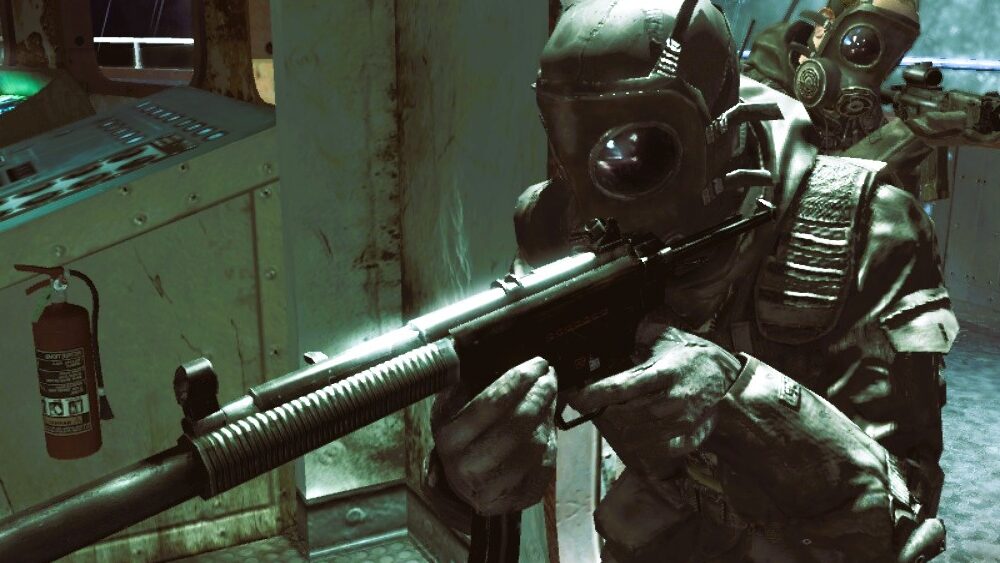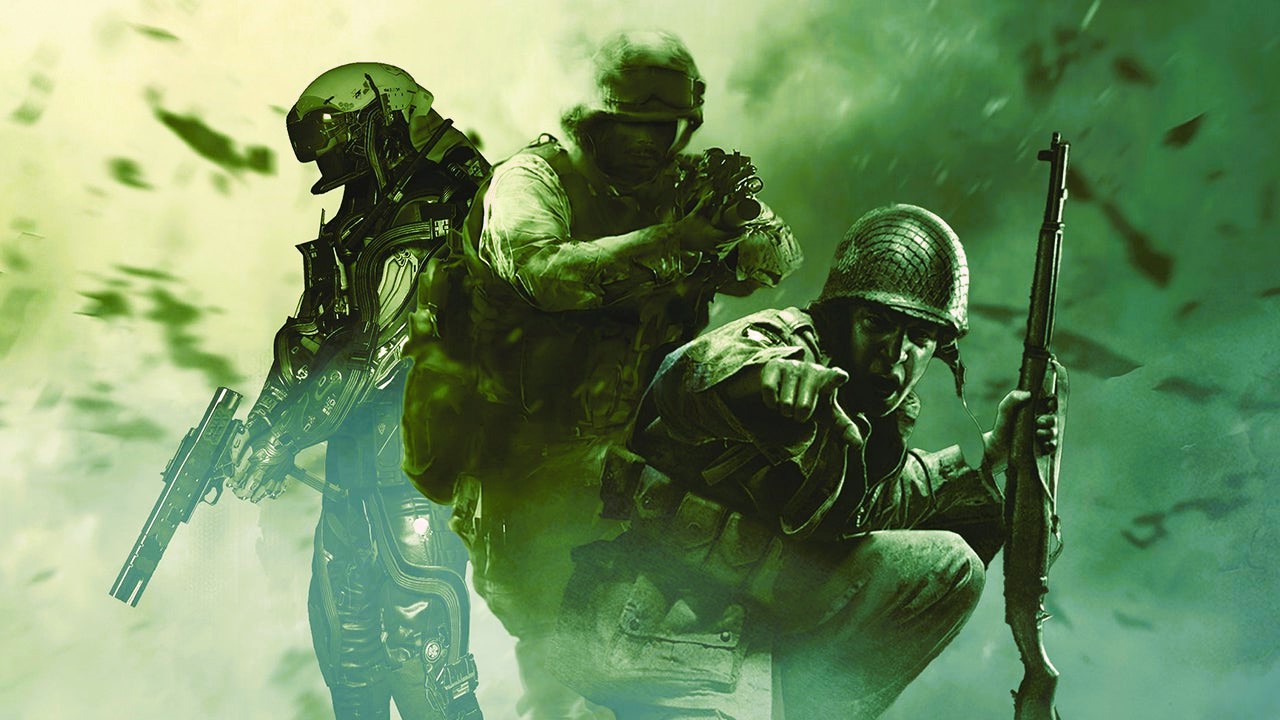Since its inception, the Call of Duty franchise has been synonymous with fast-paced action, intense gameplay, and groundbreaking innovation. With the release of Call of Duty: Warzone, the series takes a bold leap into the world of battle royale, reshaping the first-person shooter genre in the modern era. Let’s delve into the evolution of Warzone and its impact on gaming culture.
From the Battlefield to the Warzone
Call of Duty: Warzone, released in March 2020, marks the franchise’s first foray into the battle royale genre. Developed by Infinity Ward and Raven Software, Warzone builds upon the success of previous Call of Duty titles while introducing new gameplay mechanics and features tailored for the battle royale experience.
In Warzone, players are dropped into the fictional city of Verdansk, where they must scavenge for weapons, equipment, and resources while battling it out against up to 150 opponents. The game combines elements of traditional first-person shooters with the strategic gameplay of battle royale, creating a dynamic and adrenaline-fueled experience unlike any other.
A Game-Changer in the Genre

Warzone’s release marked a significant shift in the landscape of the first-person shooter genre. With its massive player count, expansive map, and relentless action, Warzone pushed the boundaries of what was possible in the battle royale genre. The game’s success also solidified Call of Duty’s position as a dominant force in the gaming industry, attracting millions of players worldwide and spawning a vibrant community of content creators, streamers, and esports competitors.
One of the key innovations introduced in Warzone is the Gulag, a respawn mechanic that gives eliminated players a chance to fight their way back into the game. This unique feature adds an extra layer of tension and strategy to each match, ensuring that every encounter is filled with excitement and uncertainty.
The Evolution of Gameplay
In addition to its innovative mechanics, Warzone also introduced a host of new features designed to enhance the gameplay experience. From customizable loadouts and killstreaks to contracts and cash-based economy systems, Warzone offers players a wealth of options for strategizing and adapting to ever-changing conditions on the battlefield. From page to screen: analysis of the success of book adaptations, read more in our article.
Furthermore, Warzone’s integration with other Call of Duty titles, such as Modern Warfare and Black Ops Cold War, allows players to carry over their progression, unlocks, and cosmetics between games, fostering a sense of continuity and investment in the Call of Duty ecosystem.
Impact on Gaming Culture
Call of Duty: Warzone has had a profound impact on gaming culture since its release. The game’s popularity has spawned a thriving community of players, streamers, and content creators who regularly share tips, tricks, and highlights from their Warzone experiences. Additionally, Warzone has become a staple of the esports scene, with competitive tournaments and events drawing thousands of viewers and participants.
Moreover, Warzone has influenced other developers and publishers to explore the battle royale genre, leading to a wave of new games and experiences for players to enjoy. By pushing the boundaries of what is possible in the first-person shooter genre, Warzone has paved the way for future innovations and advancements in gaming technology.

Conclusion: A New Era of First-Person Shooters
Call of Duty: Warzone represents a bold new era for the first-person shooter genre. With its innovative gameplay mechanics, expansive map, and vibrant community, Warzone has redefined what it means to be a battle royale game in the modern era. As the franchise continues to evolve and expand, one thing is clear: Call of Duty remains at the forefront of gaming innovation, shaping the future of interactive entertainment for years to come.
For more information on Call of Duty: Warzone and its impact on gaming culture, visit IGN.

